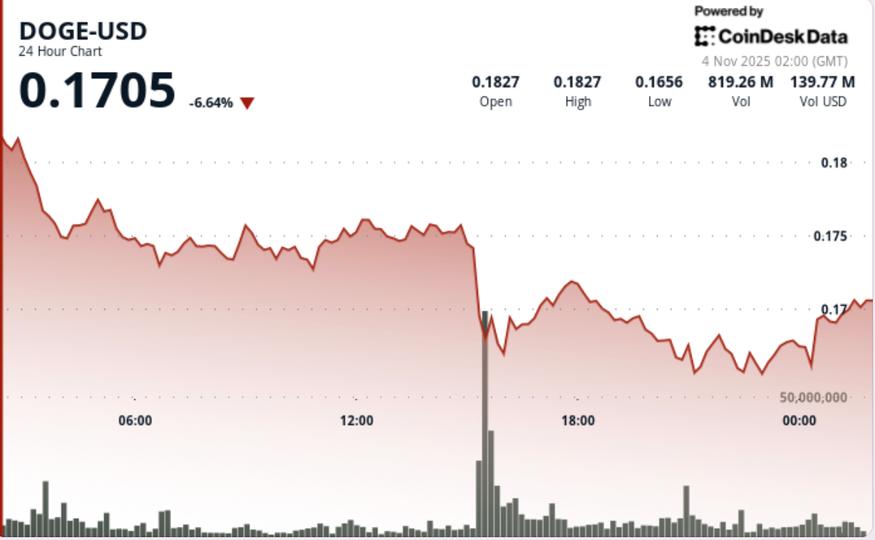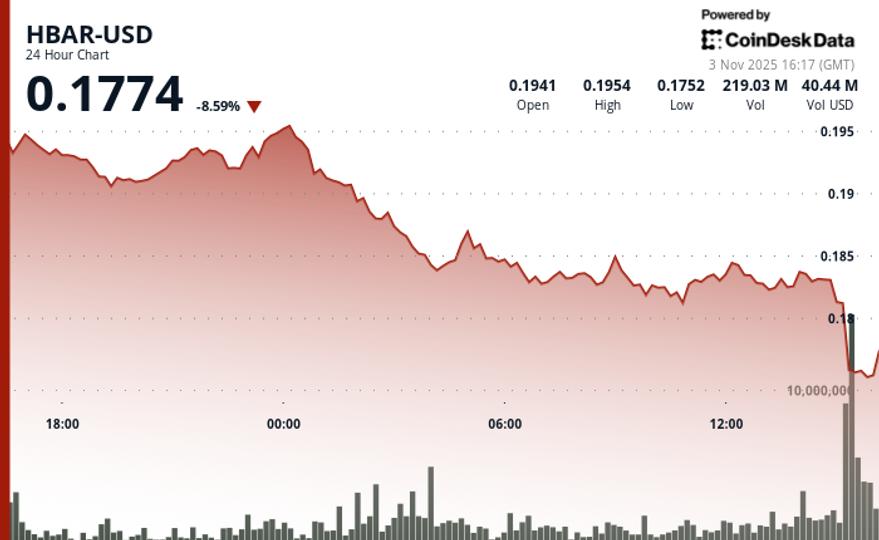JPMorgan’s latest probe indicates that planetary regulators are much inclined to enactment tokenized deposits, peculiarly those that sphere the existing operation and stableness of fiat-based banking systems, The Block reported connected July 18.
According to the Wall Street lender, fiscal regulators extracurricular the United States are showing a increasing penchant for tokenized slope deposits implicit stablecoins.
The inclination highlights a displacement successful however accepted concern seeks to accommodate integer technologies without compromising halfway regulatory and systemic safeguards.
The research, led by JPMorgan’s Nikolaos Panigirtzoglou, highlights however cardinal banks and regulators, including the Bank of England, are leaning toward integer instruments issued by commercialized banks that stay afloat integrated wrong the existing fiscal system.
These tokenized deposits run connected blockchain infrastructure portion maintaining the foundational protections of accepted deposits, specified arsenic entree to cardinal slope liquidity, superior buffers, and compliance with anti-money laundering rules.
Stability and power concerns
The mentation of tokenized deposits attracting the astir regulatory enactment is the non-transferable kind, besides known arsenic non-bearer deposits, which are settled betwixt accounts astatine afloat look value.
These instruments minimize the hazard of terms deviation and sphere uniformity crossed forms of money, a conception often referred to arsenic the “singleness of money.”
In contrast, stablecoins and transferable (bearer-style) integer deposits tin beryllium taxable to fluctuations successful marketplace worth owed to recognition concerns oregon liquidity mismatches. Additionally, past marketplace failures person raised reddish flags astir the imaginable volatility of privately issued integer currencies.
While stablecoins remain much wide used successful crypto markets owed to their easiness of transportation and wide liquidity, JPMorgan’s study noted that specified assets often support their backing wrong the accepted banking strategy by investing successful instruments similar short-term authorities debt.
As such, they bash not correspond a existent exit from the regulated fiscal framework.
Diverging paths
In regions similar the UK, regulators person questioned the viability of allowing commercialized banks to contented stablecoins, particularly nether frameworks that mightiness necessitate them to clasp cardinal slope reserves without generating yield.
JPMorgan’s investigation suggested that specified conditions would trim incentives for banks to contented their ain stablecoins.
Meanwhile, U.S. policymakers are taking a antithetic stance. The expected passage of the GENIUS Act, a legislative effort led by President Donald Trump, would let banks to contented stablecoins straight and beforehand their usage successful home payments.
This signals a much unfastened attack to integrating stablecoins wrong the broader fiscal ecosystem.
JPMorgan itself is exploring tokenized solutions done JPMD, a permissioned deposit coin presently being piloted connected Base. The lender is besides testing the waters with stablecoins down closed doors.
The slope filed a trademark for the deposit token merchandise successful June, pointing to imaginable applications successful settlement, programmable finance, and cross-bank transfers.
The station JPMorgan reveals planetary regulators favour tokenized slope deposits implicit stablecoins appeared archetypal connected CryptoSlate.

 3 months ago
3 months ago







 English (US)
English (US)